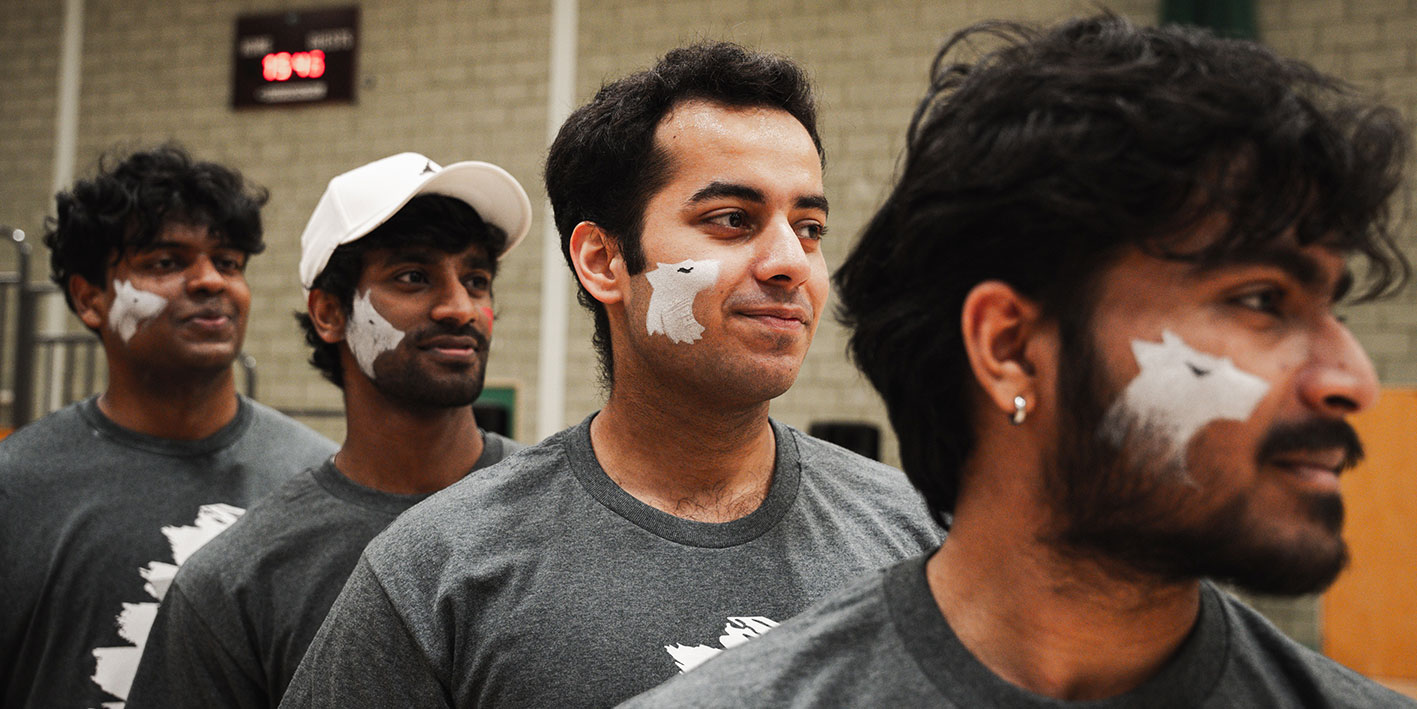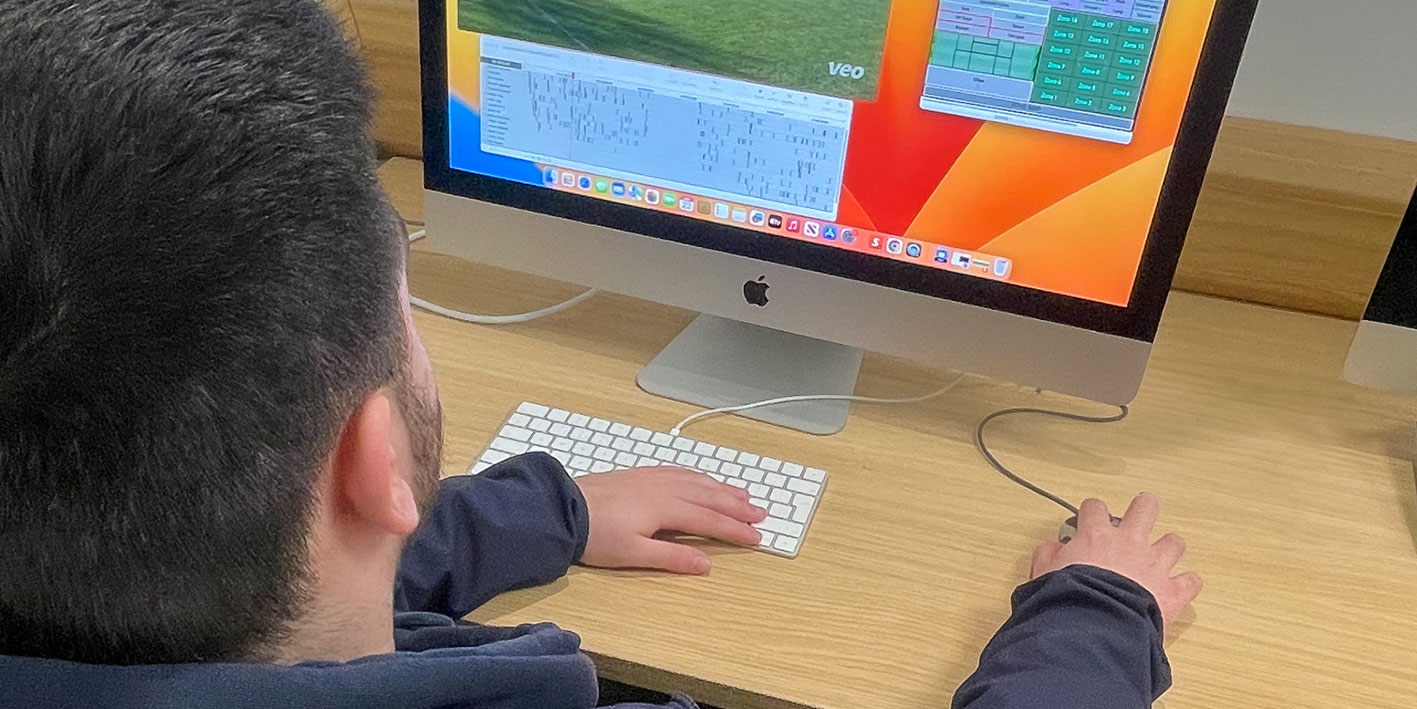
Sports says changes still needed in wake of Women’s World Cup
An internationally-renowned sports historian has highlighted changes that still need to be made in the wake of the Women's World Cup.
Professor Jean Williams, Professor of Sport at the University of Wolverhampton, has spoken about the evolution of women’s sports, and how individuals, companies and organisations are moving the ball forward today — levelling the playing field for girls and women to increase participation.

Professor Williams made her comments in an article by Los Angeles producer, director and writer Nancy Kapitanoff, which was published this week in Real Leaders, a US based business leadership magazine.
Nancy said: “I contacted Professor Williams because she’s an expert in women’s sports history. In our conversation, she was not shy about identifying the barriers to full participation that women athletes face today, and the changes needed in the structures that govern women’s sports. She is a real leader in her field.”
In the interview, Professor Williams highlighted how governing bodies are still out of touch with the commercial potential of the sport.
Before the 2019 Women’s World Cup, nutrition bar company Luna Bar stepped forward to support the United States women’s national soccer teams’ fight for equal pay with a cash donation of $31,250 for each of the 23 members. That amount is the difference between the women’s and men’s World Cup roster bonus. After the team’s victory, Procter & Gamble donated $529,000 to the Players Association, the equivalent of $23,000 for each team member, a gesture toward closing the U.S. Soccer Federation’s pay gap between the men’s and women’s teams.
“Commercial sponsors are highlighting how conservative the governing bodies of sport are, and how out of tune they are with the commercial potential of women’s soccer,” says Professor Williams. “When private companies are making up the monetary shortfall, and U.S. Soccer is still discriminating against players who have just won a World Cup, it shows how conservative the governing bodies really are worldwide.”
Discouragement and lack of worldwide funding for women in sports has been reinforced in the past with official prohibitions. In England, women were banned from playing Football Association (FA) matches from 1921-1971. In Brazil, women were banned from soccer from 1941-1981.
For Professor Williams, these bans are linked to wider aspects of women’s history. “I think women’s sports are linked to reproductive rights; the link between women’s sports and reproductive rights is key for me,” she says. “People are always trying to regulate what women do with their bodies. It’s this notion that somehow, women have to be protected from themselves, which I think is a strong theme throughout women’s history.”
She works to spotlight early women’s sports histories that are not well known today. She wants to complete a full picture of women’s long-held enthusiasm for sports and to counter any false narratives that organised national and international women’s sports competitions only began recently.
“I recently presented a motor racing paper at a conference, and people were gobsmacked by how many women racers there were in the early-20th century — and how celebrated they were,” says Williams. “Some people today consider themselves pioneers, but actually, it’s been pioneered three times already. I get frustrated with these narratives that keep emerging.”
“The voting systems that protect male power require change, to represent more women in the highest aspects of football administration,” she said. "Men have been handed approval, appreciation, and investment to play sports to their hearts’ content. Women have not been given the resources."
She added: “There are a lot of feminist fathers, and there are a lot of feminist brothers. Men have always helped women do sport, and there’s been huge companionship around it. I think this interest will find the money, and I think the money is out there.
“We’ve got to stop trying to sell women’s sports as if it’s like eating five vegetables and fruits a day. We don’t want to do it because it’s good for us. We want to do it because it’s exciting.”
Professor Williams will give her inaugural professorial lecture, Send Her Victorious, Happy and Glorious: looking forward to the 2020 Olympic Games, by looking back at Elizabeth II role in promoting the Olympic Movement, at the University on September 25.
Professor Jean Williams is an expert in women's sport and gender history at the University Institute of Human Sciences. Professor Williams has written prolifically about women’s sports history, including the book, A Contemporary History of Women’s Sports, Part One: Sporting Women, 1850-1960 (Abingdon-on-Thames: Routledge, 2014). In addition to writing extensively about historical and contemporary women’s soccer, Professor Williams has also written about the history of various other sports, such as women’s motor racing, Formula 1, Olympic and Paralympic history, and the history of men’s and women’s sports clothing.
Nancy Kapitanoff is a Los Angeles-based producer, director and writer. She is known for her film, "Before Babe: The Women Who Changed Golf" about the pioneers before female golfer Babe Didrikson. nancykapitanoff.com
For more information please contact the Corporate Communications Team.


/prod01/wlvacuk/media/departments/digital-content-and-communications/images-2024/240328-Varsity-Line-Up-Resized.jpg)
/prod01/wlvacuk/media/departments/digital-content-and-communications/images-18-19/220325-Engineers_teach_thumbail.jpg)
/prod01/wlvacuk/media/departments/digital-content-and-communications/images-2024/240404-Digital-Humanities-Training-Resized.jpg)
/prod01/wlvacuk/media/departments/digital-content-and-communications/images-2024/240320-Uzbekistan-Resized.jpg)
/prod01/wlvacuk/media/departments/digital-content-and-communications/images-2024/240229-The-Link-Resized.jpg)
/prod01/wlvacuk/media/departments/digital-content-and-communications/images-2024/240404-Pharmacy-Students-Resized.jpg)

